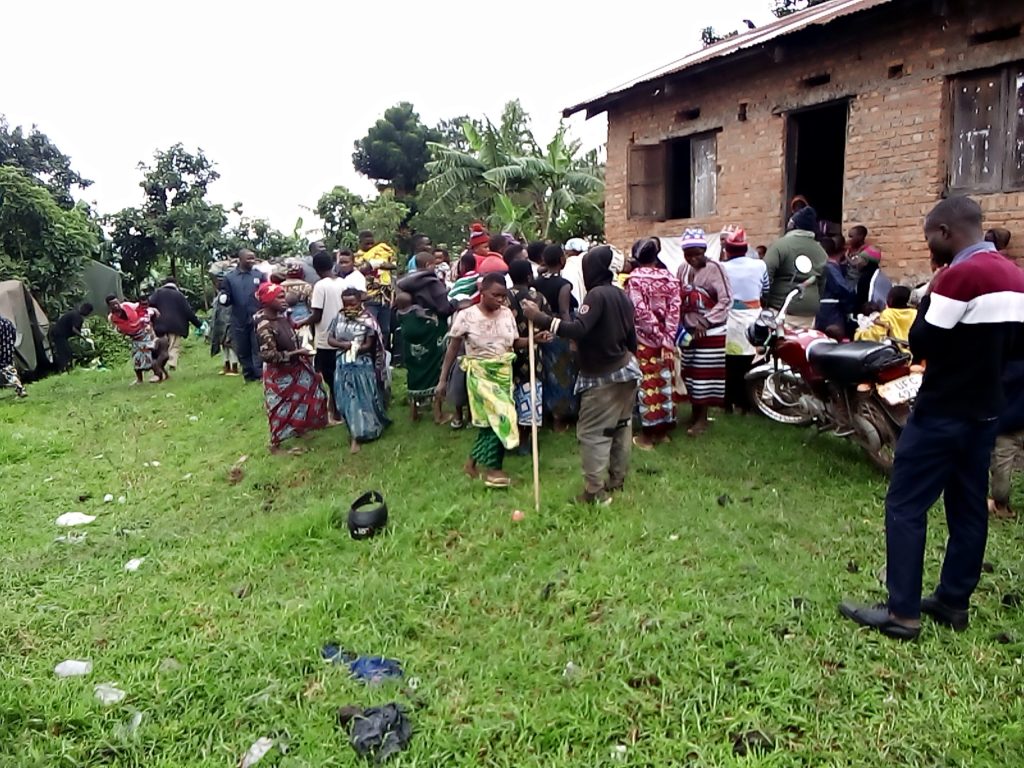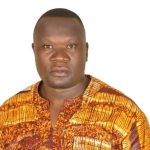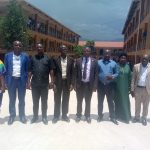Batwa communities in Kisoro have declared that they will not participate in the forthcoming bye-elections due to the government’s failure to compensate them for their evicted land and improve their livelihoods. This announcement comes as the National Resistance Movement (NRM) conducts joint campaigns to select a candidate for the Kisoro district woman Member of Parliament, following the death of Sarah Nyirabashitsi Mateke on November 7, 2024, from a heart attack.
Residents of the Michingo Batwa community, including Emily Rukundo, Martin Mugisha, and Annet Peace, expressed their dissatisfaction with the ruling government for not compensating them for the land that was used to establish Mgahinga and Bwindi National Parks. They revealed that the NRM government has marginalized them as a minority group, forcing them to live in congested camps where high rates of diseases like TB, flu, cough, and cholera are prevalent.
The Batwa community members also noted that local leaders have neglected them, failing to improve their livelihoods by providing essential services such as water, electricity, and health care. They announced their decision to abstain from the Kisoro elections until their living conditions improve.
Meanwhile, Guriro Francis, chairperson of the Batwa community, disclosed that they are suffering from starvation in the camps, with limited access to education and poor health facilities. He criticized some leaders for exploiting their situation for personal gain and highlighted the lack of representation in local governance and decision-making processes, which hampers their ability to advocate for their rights and interests.
Guriro emphasized the community’s struggles with environmental vulnerability, cultural marginalization, health challenges, educational barriers, social injustice, and discrimination, all exacerbated by their displacement.
In contrast, LC5 Councilor for Southern Division Agaba James encouraged the Batwa communities to actively participate in the upcoming bye-elections by voting for capable leaders who can address their challenges. He underscored that voting empowers individuals by giving them a voice in governance, allowing them to express their beliefs and preferences regarding leadership and policy.
Agaba Moses further urged the Batwa to embrace HIV testing to combat the high rates of AIDS in their communities.
The Batwa, an indigenous people of the Great Lakes region of Africa, particularly in Uganda, Rwanda, and the Democratic Republic of the Congo, have faced significant challenges, including land dispossession and eviction. Historically, the Batwa were forest dwellers who relied on their natural surroundings for their livelihoods.
However, since the early 1990s, many have been forcibly removed from their ancestral lands due to the establishment of national parks and other development projects.
These evictions have led to severe consequences, including loss of traditional knowledge, cultural practices, and access to resources, pushing many Batwa into poverty and social and economic marginalization. Various organizations and advocates continue to raise awareness of their plight and fight for their rights to land, recognition, and cultural preservation.




















